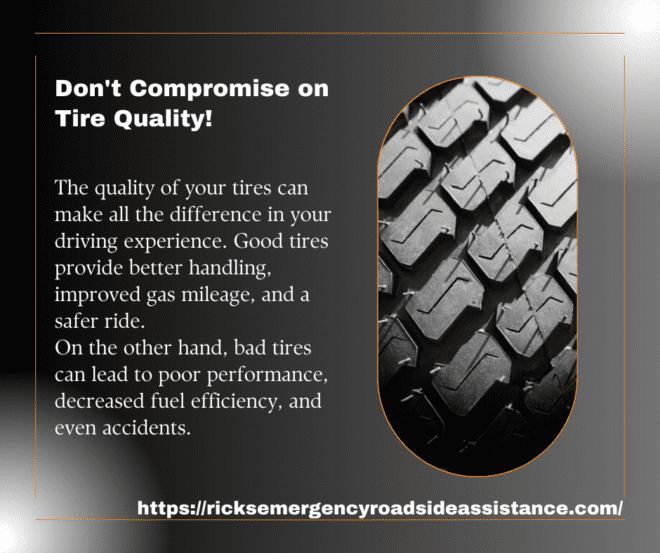How to Choose Tires: A Comprehensive Guide for Safety and Performance
Are your tires showing signs of wear and tear? Perhaps it’s time for a replacement but choosing the right tires can be a daunting task. With various types, sizes, and brands available, making an informed decision is crucial for your safety and the performance of your vehicle. In this comprehensive guide, we’ll walk you through the process of how to choose tires that fit according to your needs.

1. Understanding the Basics of How to Choose Tires
Before diving into tire options, it’s essential to understand the basics. Tires are the only point of contact between your vehicle and the road, and they play a significant role in handling, traction, and fuel efficiency. Here are some key factors to consider:
a. Tire Size:
The size of your tires is specified on the sidewall of your current tires. It’s crucial to choose the right size to ensure proper fit and performance.
b. Tire Type:
Tires come in various types, including all-season, summer, winter, and performance. The right type depends on your driving habits and local weather conditions.
c. Tread Pattern:
Tread patterns differ based on the type of tire. For example, all-season tires have a different pattern than winter tires. Tread patterns affect traction and handling.
d. Load Rating:
This rating indicates the maximum weight each tire can support. Ensure that the load rating meets your vehicle’s requirements.
e. Speed Rating:
Speed ratings specify the maximum speed the tire can safely handle. Match the speed rating to your vehicle’s capabilities.
2. Determining Your Needs
To choose the right tires, you must consider your driving habits, the climate in your area, and the type of vehicle you drive. Here are some common scenarios that will help you how to choose tires:
a. All-Season Tires:
These tires are versatile and suitable for most driving conditions. If you’re not in an extreme climate and don’t have specific performance requirements, all-season tires may be the best choice.
b. Winter Tires:
In regions with harsh winters, winter tires are essential. They provide superior traction on snow and ice, enhancing safety and control.
c. Summer Tires:
If you live in an area with hot summers and don’t encounter snowy or icy conditions, summer tires offer better handling and performance in warm weather.
d. Performance Tires:
Designed for sports cars and high-performance vehicles, these tires provide exceptional handling but may wear out faster.
e. Terrain-Specific Tires:
If you frequently drive off-road or on rough terrain, consider tires specifically designed for those conditions.
3. Budget Considerations
Your budget is another crucial factor in tire selection. While it’s tempting to go for the most affordable option, remember that tires are a long-term investment in your safety and your vehicle’s performance. High-quality tires may cost more upfront but often last longer and provide better performance. Consider your budget, but also weigh it against the quality and longevity of the tires. These tips will help you in how to choose tires effectively.
4. Reading Reviews and Seeking Expert Advice on How to Choose Tires
Online reviews and expert recommendations can be valuable resources when choosing tires. Reading reviews from other drivers who have similar vehicles and needs can provide insights into how different tires perform in real-world conditions. Additionally, consulting with a professional at your local tire shop can help you make an informed decision.
5. Maintaining Your Tires
Once you’ve chosen the right tires, it’s essential to maintain them properly. Regularly check the tire pressure, rotate the tires as recommended by the manufacturer, and ensure proper wheel alignment. Good maintenance prolongs the life of your tires and maintains their performance.
6. Conclusion
In conclusion, selecting the right tires for your vehicle is a critical decision that impacts safety, handling, and comfort. By understanding the basics, assessing your needs, considering your budget, and seeking expert advice, you can make an informed choice and know how to choose tires for your vehicles. Remember that your tires are a long-term investment in your vehicle’s performance and your safety on the road.



Leave a Reply